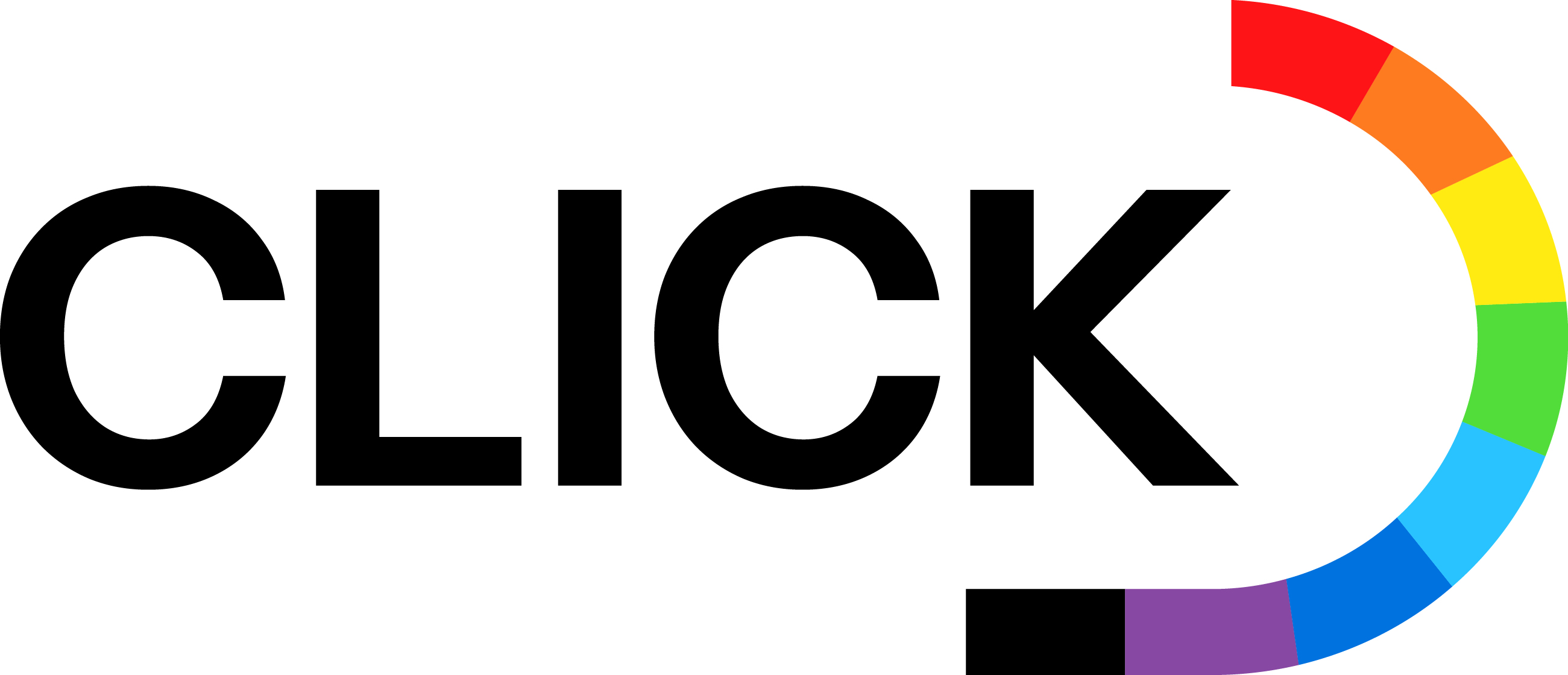
CLICK
Connecting Families, Educators and Policymakers to Improve the Well-being of LGBTIQ Children through an Intersectional Approach
Violence against children can take many forms and constitutes a serious violation of human rights. The European Union has shown increasing concern about this issue, as reflected in the EU Charter of Fundamental Rights, which establishes the right to protection, care, and well-being of children (Art. 24). Furthermore, the EU Strategy on the Rights of the Child recognizes that many children still face discrimination and violence due to gender and sexual orientation, recommending support for children in vulnerable situations and the promotion of safe and inclusive school environments. Ensuring the protection of LGBTIQ children is therefore essential to safeguarding their right to be protected "from all forms of physical or mental violence, injury, or abuse" (Art. 19 of the United Nations Convention on the Rights of the Child).
In this context, the CLICK: Connecting Families, Educators and Policymakers to Improve the Well-being of LGBTIQ Children through an Intersectional Approach project was created. Its main objective is to combat gender-based violence and improve the well-being of LGBTIQ children through a comprehensive educational approach that connects educational settings and rainbow families.
Developed between 2025 and 2027, the CLICK project is funded by the European Commission (CERV - 2024 - DAPHNE) and led by an interdisciplinary consortium of universities, research centers, associations, and NGOs in six European countries: Bulgaria, Spain, Hungary, Italy, Lithuania, and Portugal. In Portugal, it is coordinated by Mara Pieri and Mafalda Esteves at the Centre for Social Studies of the University of Coimbra (CES-UC).
Based on a mixed and interdisciplinary methodology, the CLICK project adopts a child-centered approach, rooted in the concept of intersectionality, and recognizes the diversity of experiences of LGBTIQ children and youth.
The project will be implemented in four phases:
• PHASE 1: Needs assessment and analysis of knowledge regarding the experiences of LGBTIQ children and rainbow families in educational settings in each participating country.
• PHASE 2: Development of awareness campaigns, workshops, and meetings between LGBTIQ children and rainbow families.
• PHASE 3: Creation of guidelines and training for education professionals to better support LGBTIQ children, fostering synergies with families and policymakers.
• PHASE 4: Dissemination and communication targeting multiple audiences (academia, media, civil society).
In Portugal, the project is supported by the following institutional entities: AMPLOS – Association of Mothers and Fathers for Freedom of Sexual Orientation and Gender Identity and the Commission for Citizenship and Gender Equality (CIG).
AMPLOS: Associação de Mães e Pais pela Liberdade de Orientação Sexual e Identidade de Género
Comissão para a Cidadania e Igualdade de Género (CIG)
Rede ex aequo


